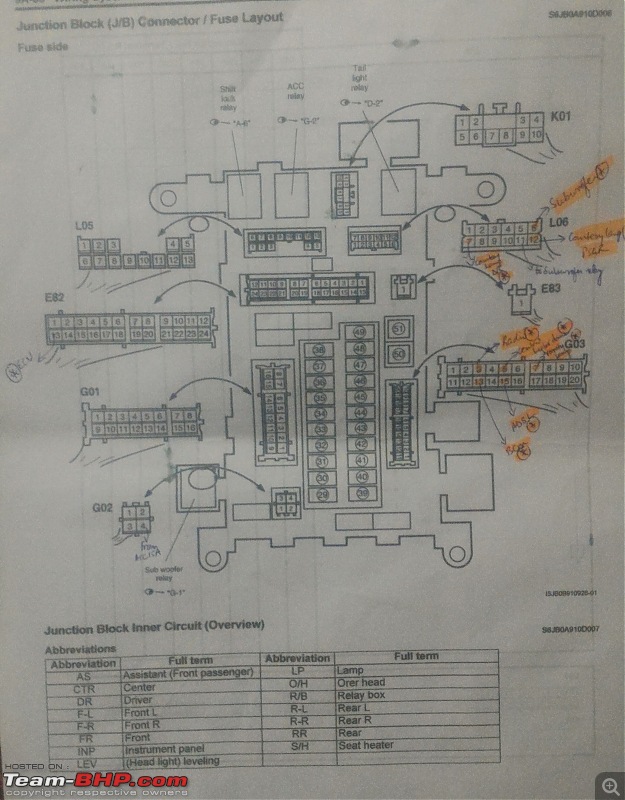| | #1 |
| Distinguished - BHPian  Join Date: Feb 2006 Location: NSEW
Posts: 3,760
Thanked: 25,462 Times
| |
| |  (47)
Thanks (47)
Thanks
|
| |
| | #2 |
| BHPian Join Date: Feb 2020 Location: Bangalore
Posts: 72
Thanked: 346 Times
| |
| |  (1)
Thanks (1)
Thanks
|
| | #3 |
| Distinguished - BHPian  Join Date: Dec 2012 Location: Ranchi
Posts: 4,395
Thanked: 12,014 Times
| |
| |  (3)
Thanks (3)
Thanks
|
| | #4 |
| Distinguished - BHPian  Join Date: Feb 2006 Location: NSEW
Posts: 3,760
Thanked: 25,462 Times
| |
| |  (4)
Thanks (4)
Thanks
|
| | #5 |
| Distinguished - BHPian  Join Date: Oct 2008 Location: Pune
Posts: 3,231
Thanked: 5,742 Times
| |
| |  (1)
Thanks (1)
Thanks
|
| | #6 |
| Distinguished - BHPian  | |
| |  (4)
Thanks (4)
Thanks
|
| | #7 |
| Distinguished - BHPian  Join Date: Dec 2012 Location: Ranchi
Posts: 4,395
Thanked: 12,014 Times
| |
| |  (1)
Thanks (1)
Thanks
|
| | #8 |
| Distinguished - BHPian  | |
| |  (2)
Thanks (2)
Thanks
|
| | #9 |
| Distinguished - BHPian  Join Date: Feb 2006 Location: NSEW
Posts: 3,760
Thanked: 25,462 Times
| |
| |  (6)
Thanks (6)
Thanks
|
| | #10 |
| Distinguished - BHPian  | |
| |  (3)
Thanks (3)
Thanks
|
| | #11 |
| BHPian Join Date: Dec 2005 Location: bang
Posts: 878
Thanked: 3,117 Times
| |
| |  (1)
Thanks (1)
Thanks
|
| |
| | #12 |
| BHPian Join Date: Aug 2013 Location: Agra, Cambridge
Posts: 592
Thanked: 1,796 Times
| |
| |  (2)
Thanks (2)
Thanks
|
| | #13 |
| Distinguished - BHPian  Join Date: Feb 2006 Location: NSEW
Posts: 3,760
Thanked: 25,462 Times
| |
| |  (1)
Thanks (1)
Thanks
|
| | #14 |
| BHPian Join Date: Dec 2005 Location: bang
Posts: 878
Thanked: 3,117 Times
| |
| |
| | #15 |
| Distinguished - BHPian  Join Date: Feb 2006 Location: NSEW
Posts: 3,760
Thanked: 25,462 Times
| |
| |  (2)
Thanks (2)
Thanks
|
 |
Most Viewed













